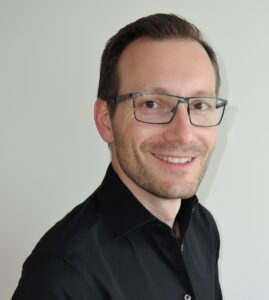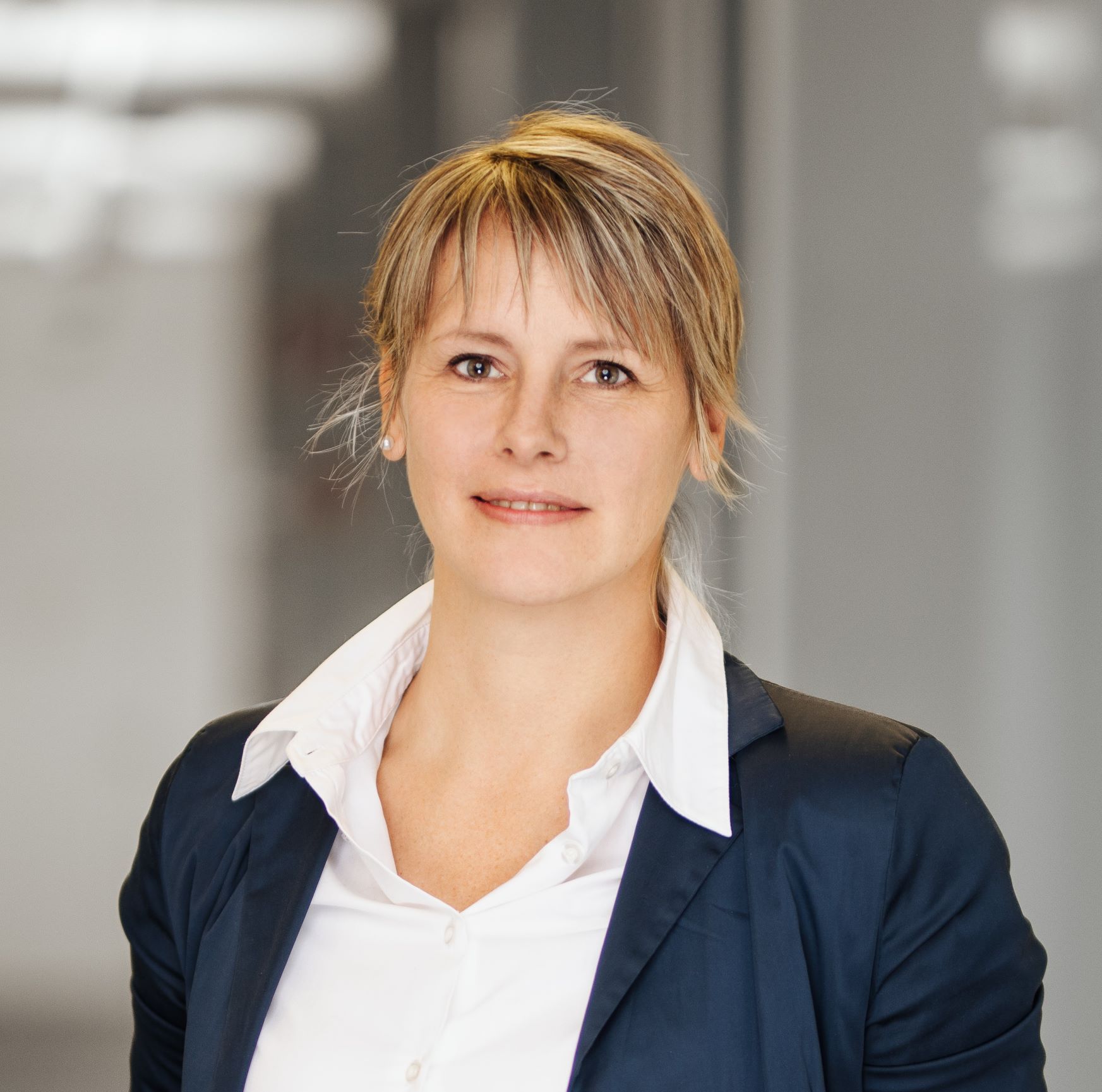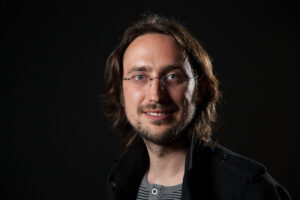Thursday, June 05, 2025 at 10.00 a.m. – @ B01.0.203, Lakeside Park Klagenfurt
Mag.Dr. Stefan Pasterk | Department of Informatics Didactics | University of Klagenfurt
Abstract: Competencies and competency models are key aspects of modern education and play a decisive role in the design of lessons. They provide teachers with a framework to define the skills and knowledge that students should acquire. Competency-based education is particularly relevant in a subject like computer science, which is rapidly evolving and where practical skills are often just as important as theoretical understanding. It is therefore not surprising that in various educational systems, competency orientation plays a role in educational standards or curricula for computer science. When looking at international models, the different forms and structures used to represent them are striking. For example, a three-dimensional competency model is defined in the educational standards for computer science teaching of the German Informatics Society. Switzerland’s Curriculum 21 describes a progressive development of competencies that together lead to an overarching competency. Austria’s curricula also rely on competency orientation, whereby lists are used for enumeration. A structured and standardized form of presentation is required to be able to carry out analyses or comparisons. A graph-based approach, in which competences are represented as nodes and their interdependencies as edges, helps to avoid the differences. This allows new metrics to be measured and compared, and practical information such as learning paths with start and end points can also be read out.
In this presentation, some competency models of computer science and of digital education will be compared, advantages and disadvantages will be discussed, and the graph-based approach will be presented, with the help of which differently structured models can be compared and analyzed.
 Bio: Mag.Dr. Stefan Pasterk is assistant professor at the University of Klagenfurt, where he is conducting research on informatics didactics and in particular on competency models and their quality. He is involved in various projects such as the DigiFit4All project, which he is currently managing. In addition to the project, he is involved in the conception and implementation of the ‘Informatics Lab’, a laboratory for all people to get in touch with informatics topics. For the recent years, Mr. Pasterk has been actively involved in the training of future informatics teachers. Besides competency models, his research interests focus on technology enhanced and individual learning and computational thinking.
Bio: Mag.Dr. Stefan Pasterk is assistant professor at the University of Klagenfurt, where he is conducting research on informatics didactics and in particular on competency models and their quality. He is involved in various projects such as the DigiFit4All project, which he is currently managing. In addition to the project, he is involved in the conception and implementation of the ‘Informatics Lab’, a laboratory for all people to get in touch with informatics topics. For the recent years, Mr. Pasterk has been actively involved in the training of future informatics teachers. Besides competency models, his research interests focus on technology enhanced and individual learning and computational thinking.
https://www.aau.at/en/informatics-didactics/team/pasterk-stefan/
https://www.aau.at/en/informatics-didactics/









